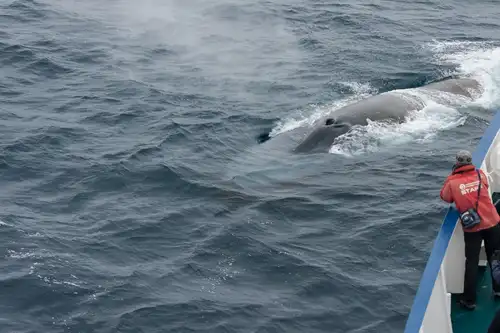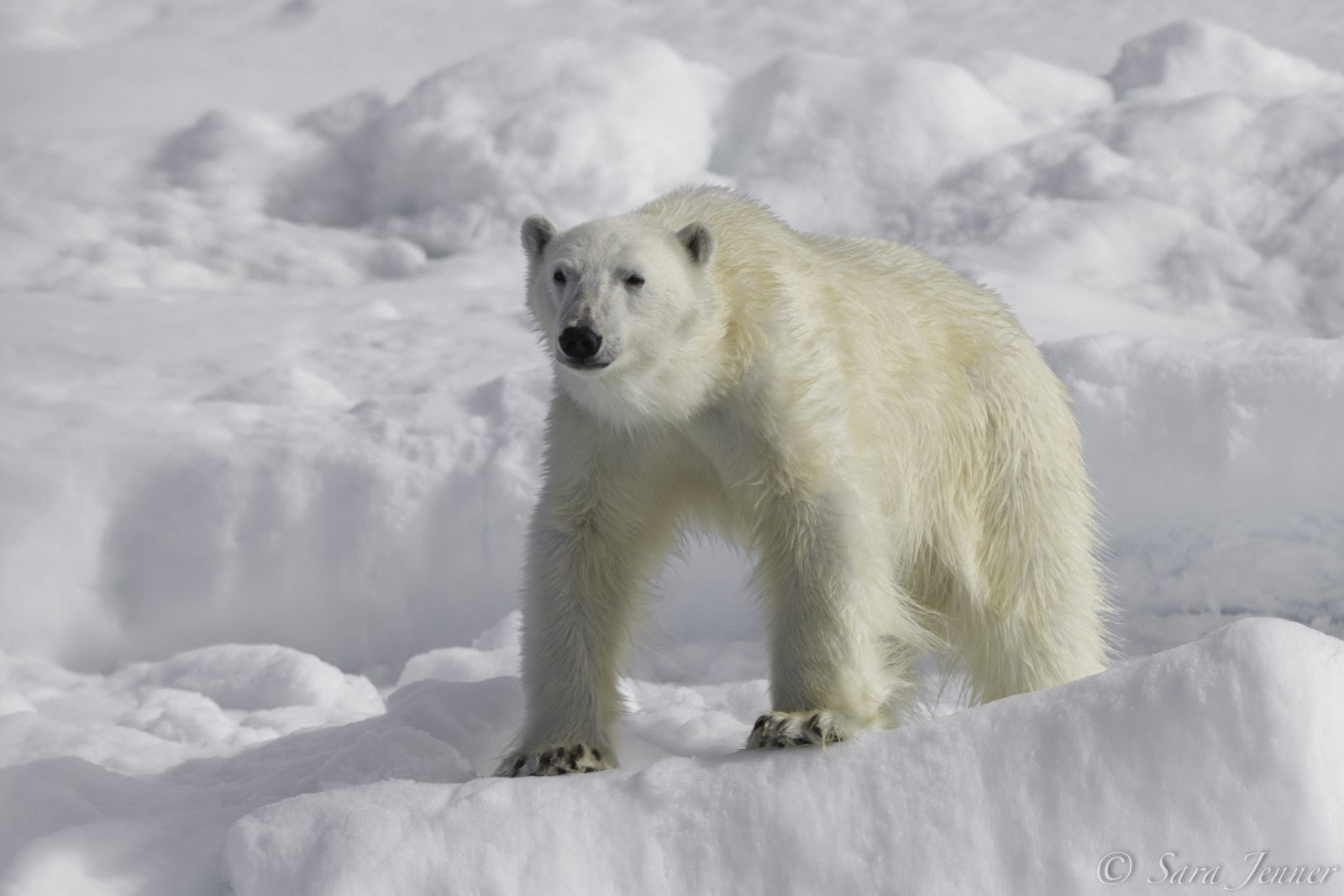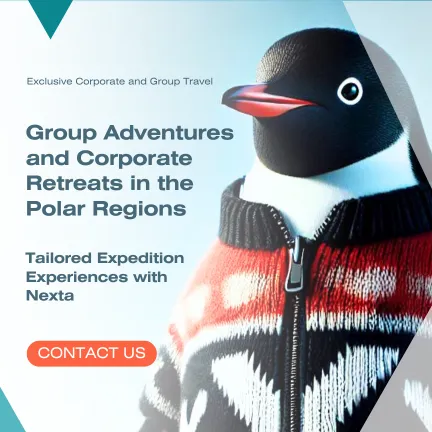It will come as no surprise to you that we're crazy about polar bears. We have multiple blogs about where to find polar bears, we offer dozens of polar bear trips, and we've even written a short story from a polar bear's point of view. (Yes, we actually did that.) So if you were to say that our love of polar bears borders on obsession, you wouldn't be far off.
But even our enthusiasm pales in comparison to that of Polar Bears International.
This non-profit conservation group is the only organization in the world singularly devoted to the study and survival of wild polar bears. Composed of a small group of scientists and volunteers, Polar Bears International (PBI) seeks to protect these majestic but vulnerable animals as well as the pack ice that forms so vital a part of their Arctic habitat.
And on no day is this mission more relevant than February 27, International Polar Bear Day.
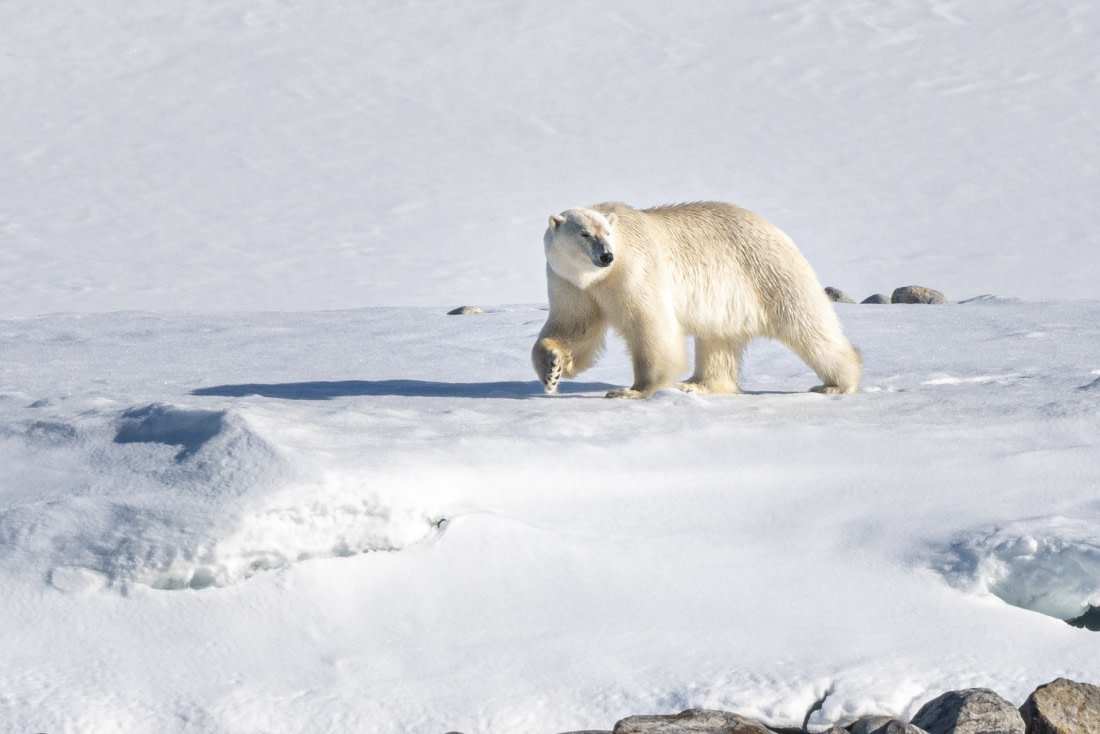
Why International Polar Bear Day isn't just about bears
International Polar Bear Day was organized by PBI not only to raise awareness about polar bears, but also to encourage people to aid in their (and our) climate plight by reducing personal carbon output, if only for one day. This can be done simply by driving less, lowering the thermostat, and finding ways to generally consume less fuel and electric power.
Though it's obvious that more than just polar bears are negatively impacted by climate change, the realities of a rapidly warming Arctic mean polar bears are one of the species most threatened by it. Nearly all of the scientific community continues to agree that climate change is real, chiefly human-caused, and rearing its ugly head faster in the Arctic than most places on the planet. This manifests itself in a variety of ways.
The most obvious result is, to polar bears, also the most devastating: receding pack ice, which leads to fewer seals, the primary food of polar bears.
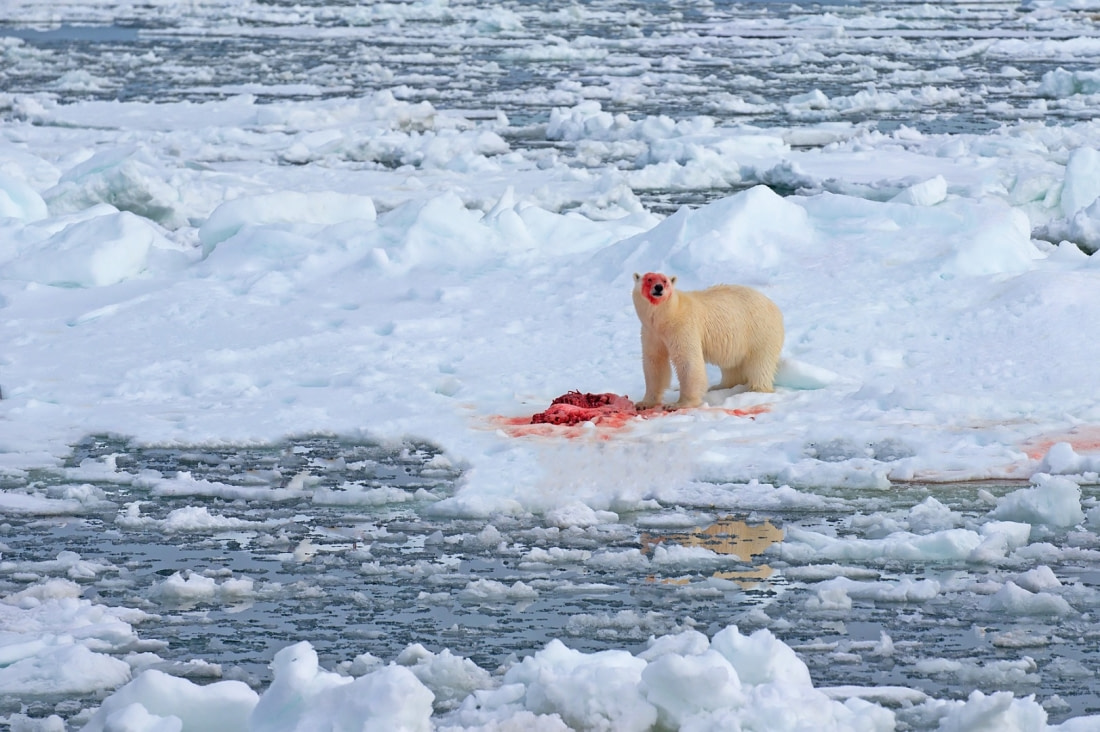
Polar bears are not able to compensate for this nutritive gap simply by switching to a diet of berries and other flora. They will turn to such alternatives in times of scarcity, but that diet is no more sustainable for them than a diet only of celery is for a human.
Also, diet is just one of the ways climate change threatens polar bears. In the whole span of this species' existence, polar bears have never faced the kind of temperature spikes that may occur in the next 50 years. Not only could this dramatic rise in heat lead to the disappearance of food sources on which polar bears rely, but the breakup of pack ice will almost certainly result in more industrial traffic into polar bear hunting ranges.
This sequence of disturbance and displacement might prove fatal to the global population of wild polar bears. And this is not just a bear problem. It's a planetary one.
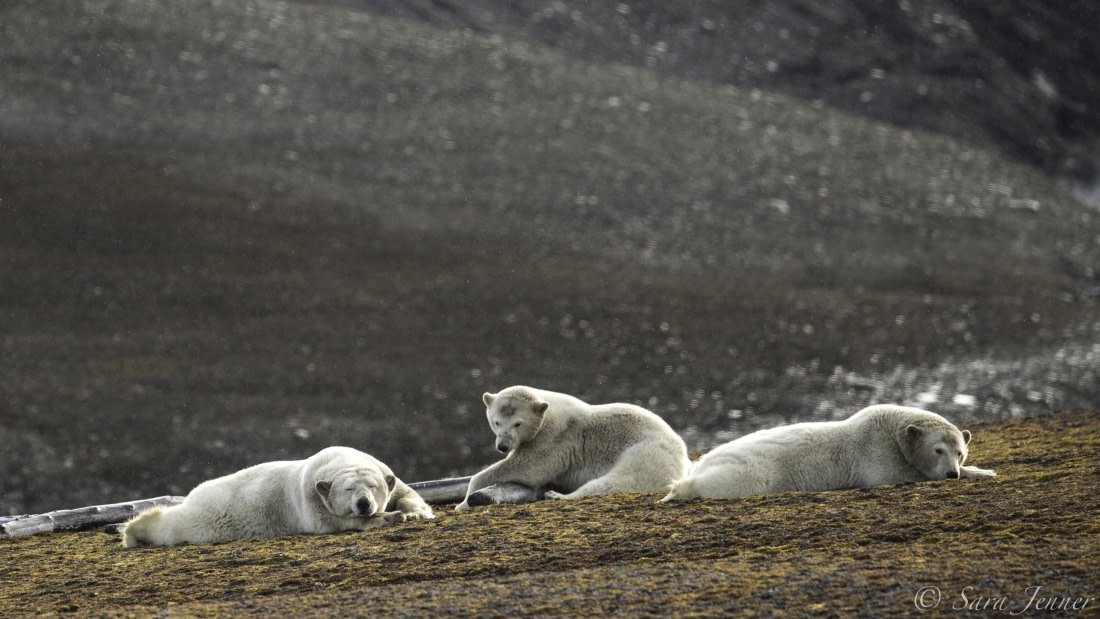
Hope for polar bears, people, and the planet
The silver lining to all this rather disheartening news is that the warming trend may not be past the point of no return, and in some ways may even be reversible if adequate action is taken soon and on a large enough scale.
Hence, the need for more initiatives like International Polar Bear Day, which asks a modest effort for the sake of polar bears as much as for the Earth as a whole.
And naturally, it is also encumbent upon polar cruise operators like us to minimize our own impact when embarking on Arctic trips. There is a balance, after all, between the good that comes from people seeing these places firsthand and the damage that can result from such visitations. For this reason, we take our sustainability efforts very seriously.
You can find more fascinating details about polar bears, climate research, and what you can do to help polar bear conservation efforts at the PBI website.
In the meantime, happy International Polar Bear Day!
Blog


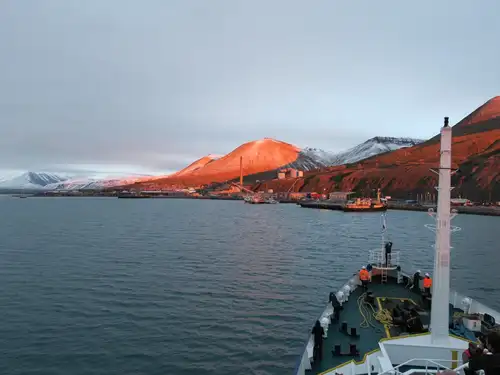
Port Pastimes: 7 Fun Things to Do in Longyearbyen
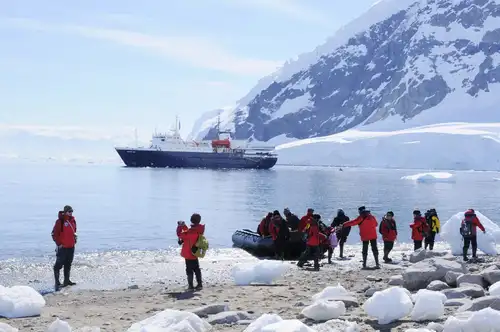
The Seven Best Things to Do in Antarctica

Book Recommendations for Your Polar Cruise

The World Is Changing for Greenland's Native Inuit People
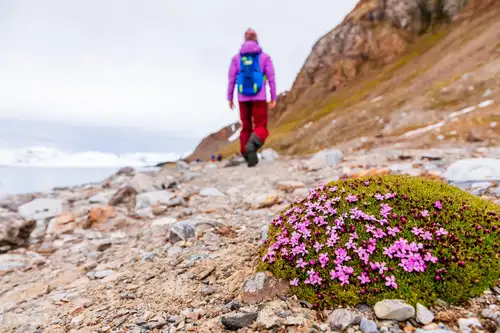
Seizing the Season: Spitsbergen’s Late Spring, Early Summer

Svalbard a Disneyland for geologists
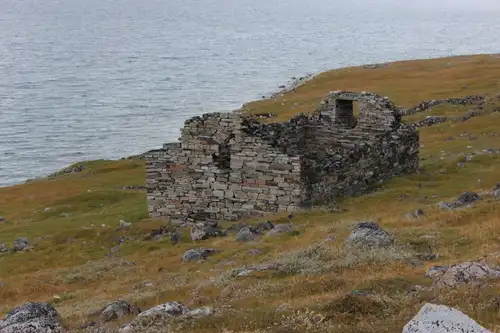
Greenland's History: When Vikings Ruled the Ice Age
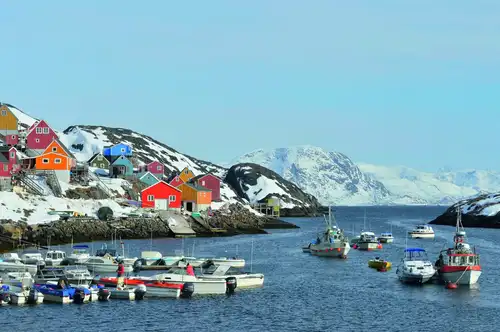
Amazing Greenland
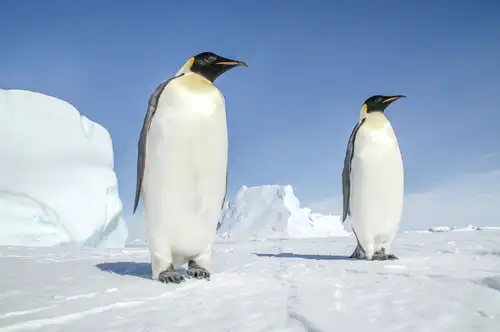
Antarctic Icon: 44 Facts About the Emperor Penguin
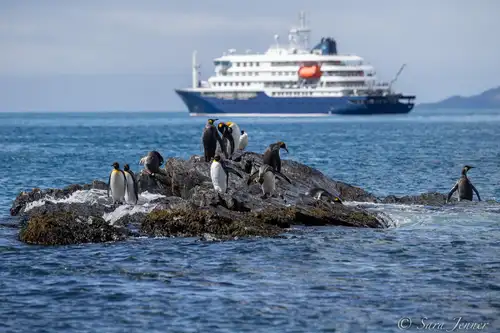
Weddell Sea, Shackleton’s Endurance, and New Swabia
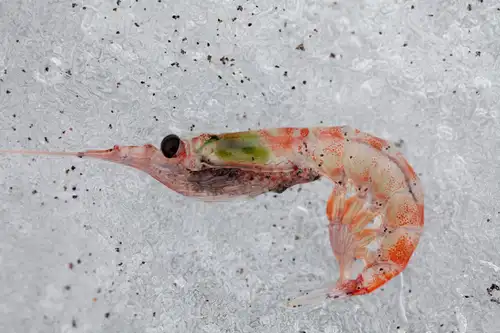
Life in the Polar Regions
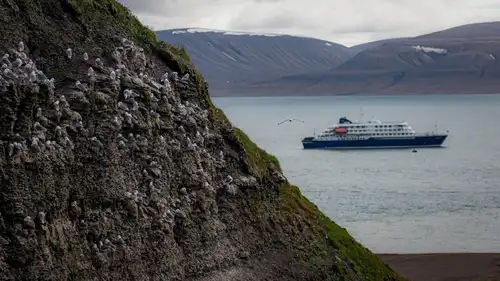
Circumnavigating Spitsbergen
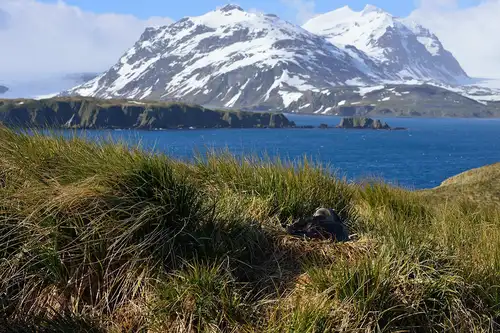
Flowers in Antarctica
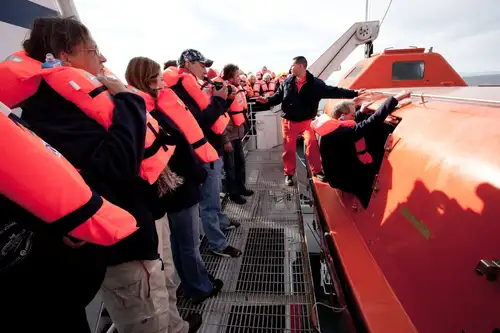
The Evolving Shipboard Eco-traveler
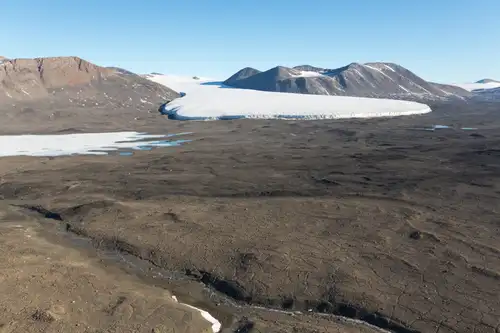
The Dirty Details of Antarctica's Dry Valleys
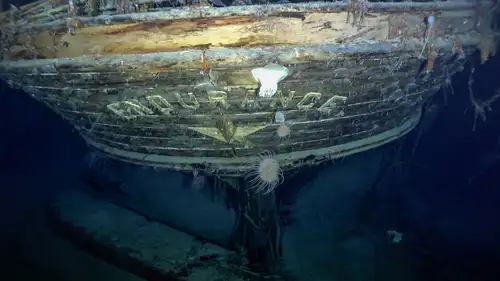
Shackleton’s Long-Lost Endurance Discovered in Antarctica

Earth vs. Mars: Polar Regions Compared
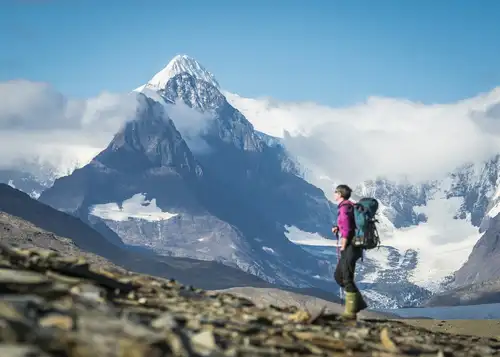
Path of Polar Heroes: Hiking Shackleton’s Historic Route
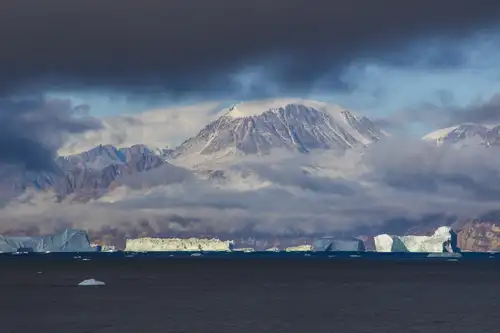
Greenland: East vs. West
